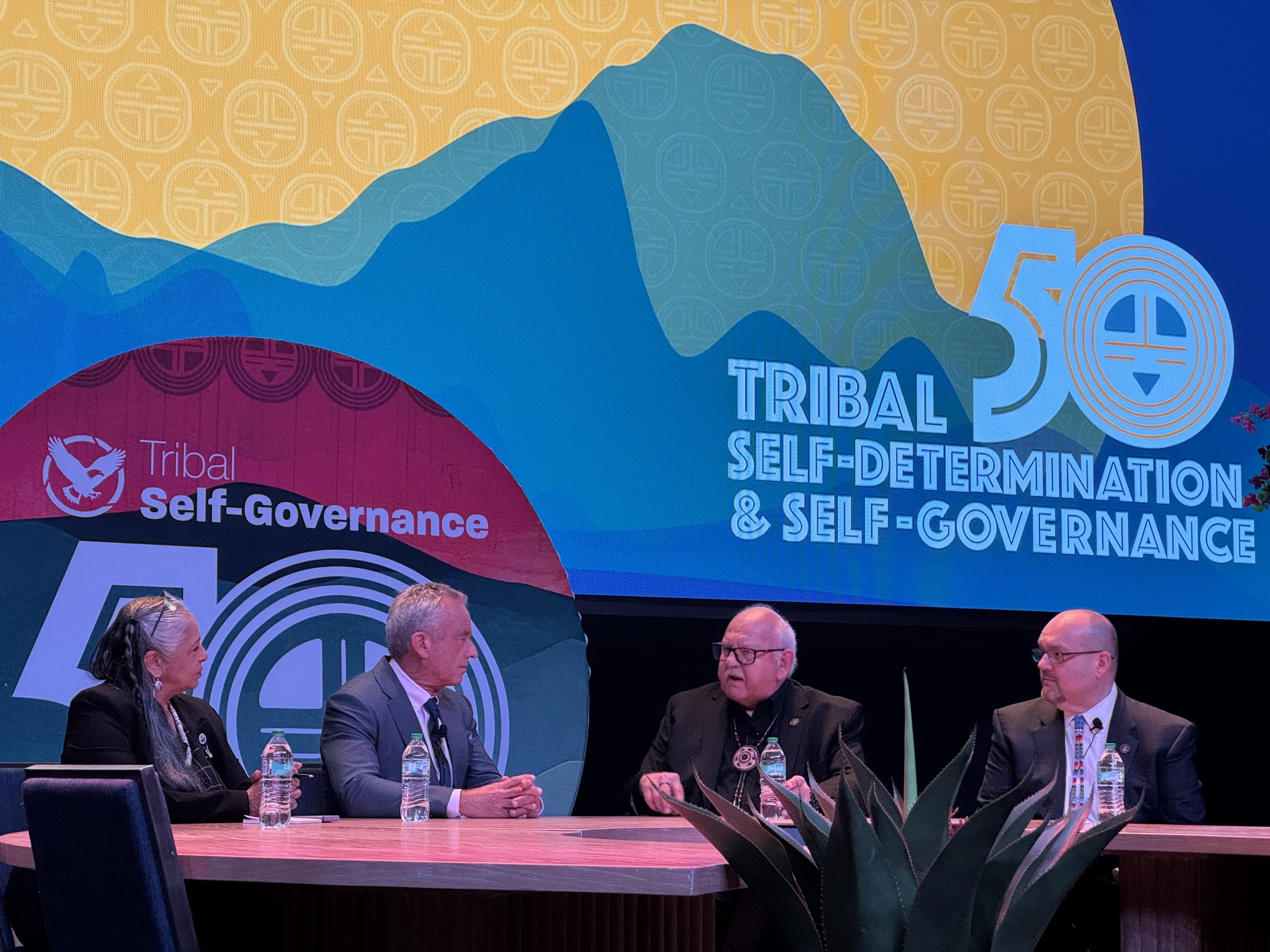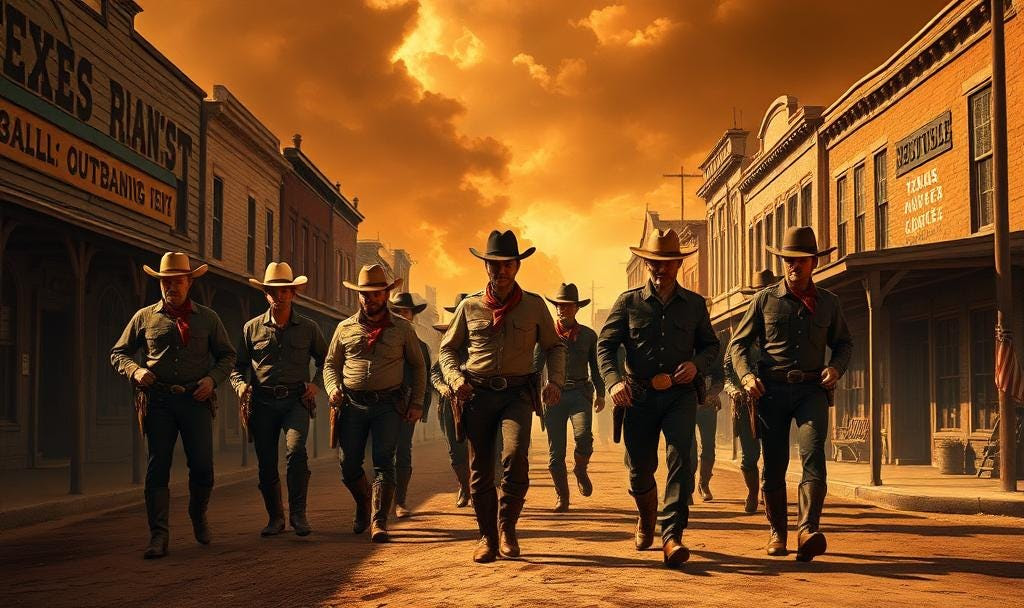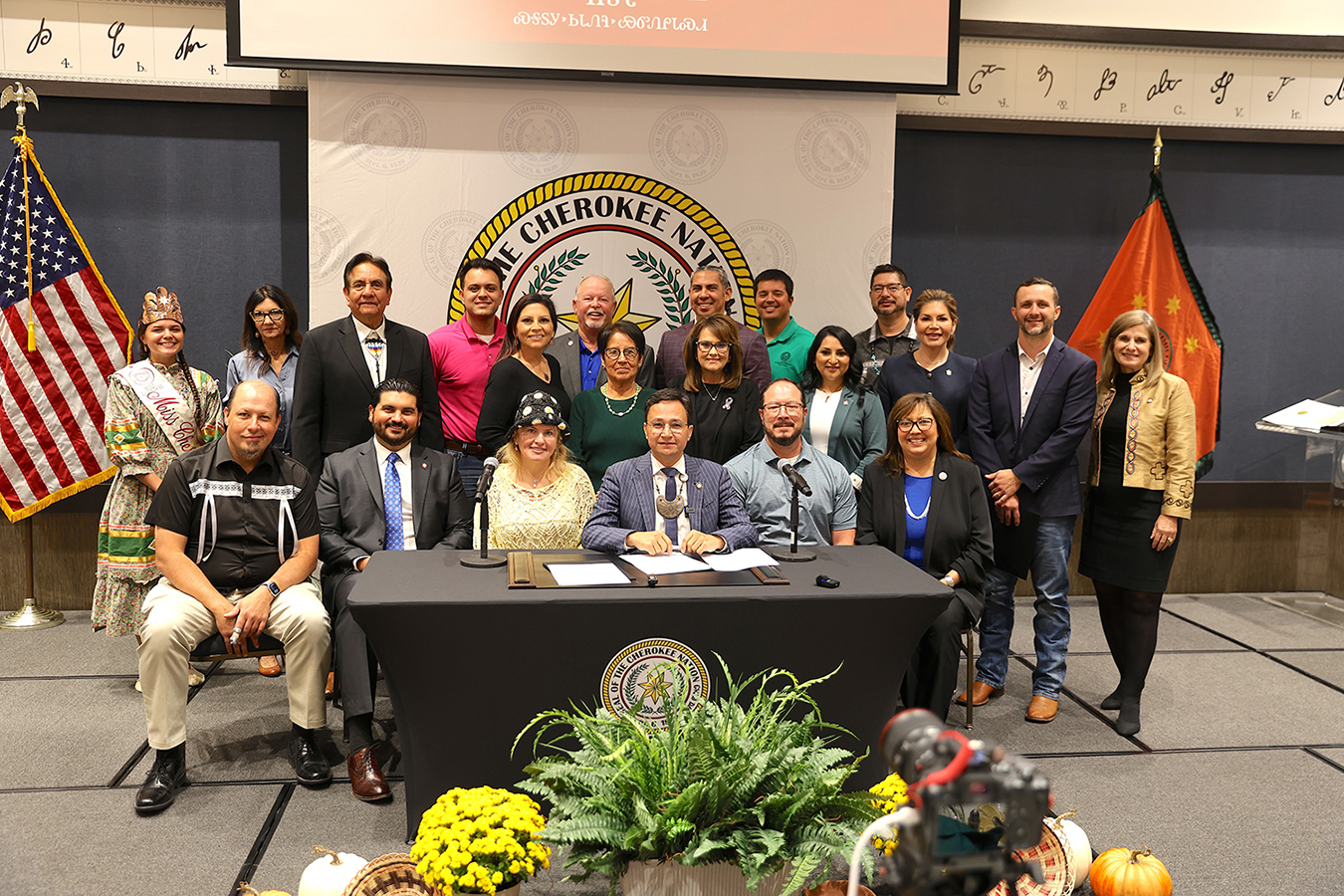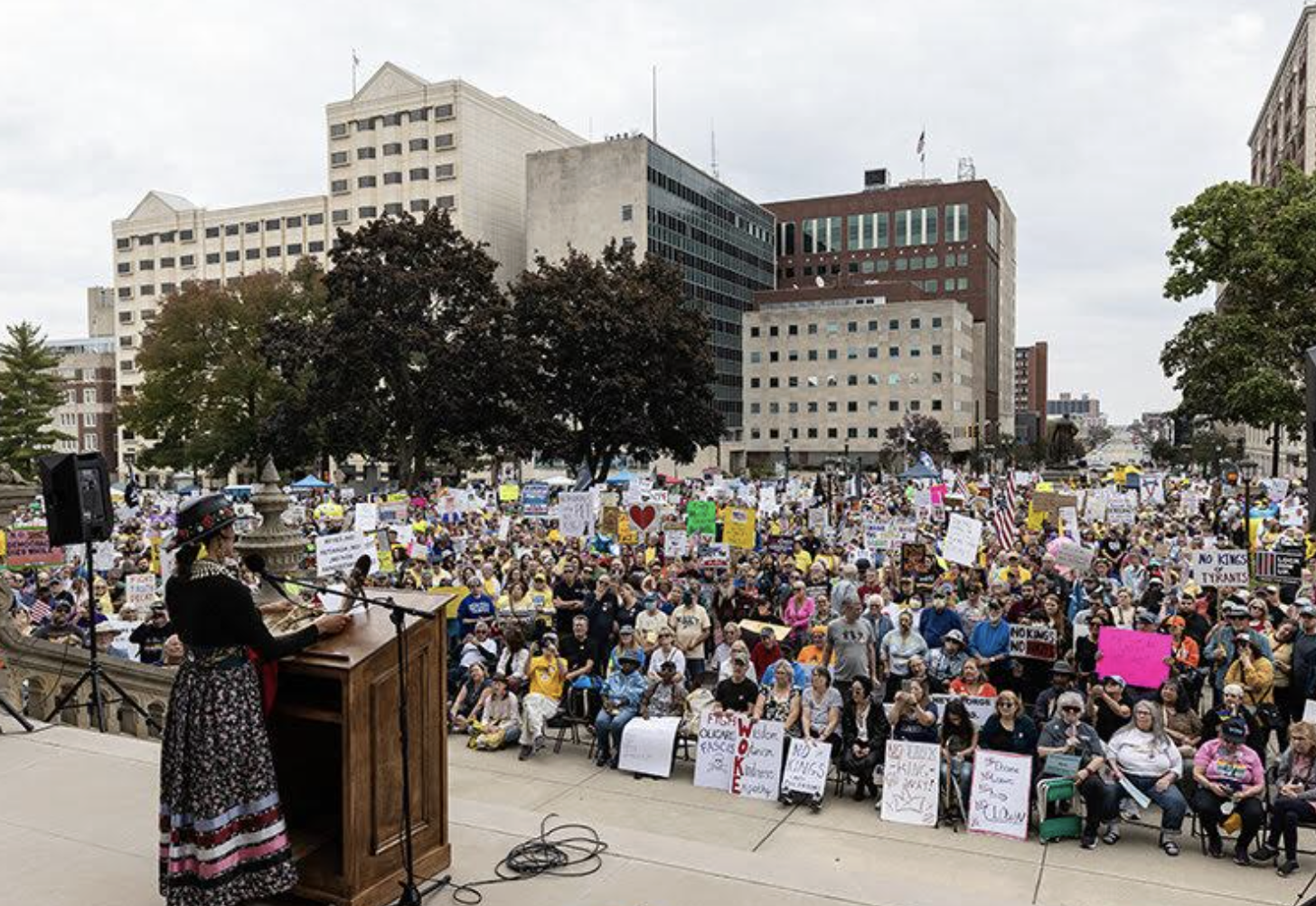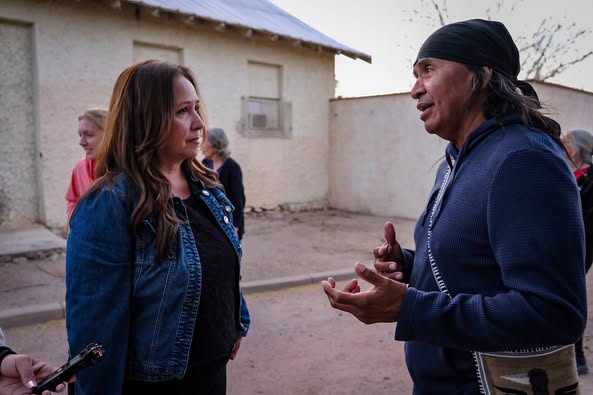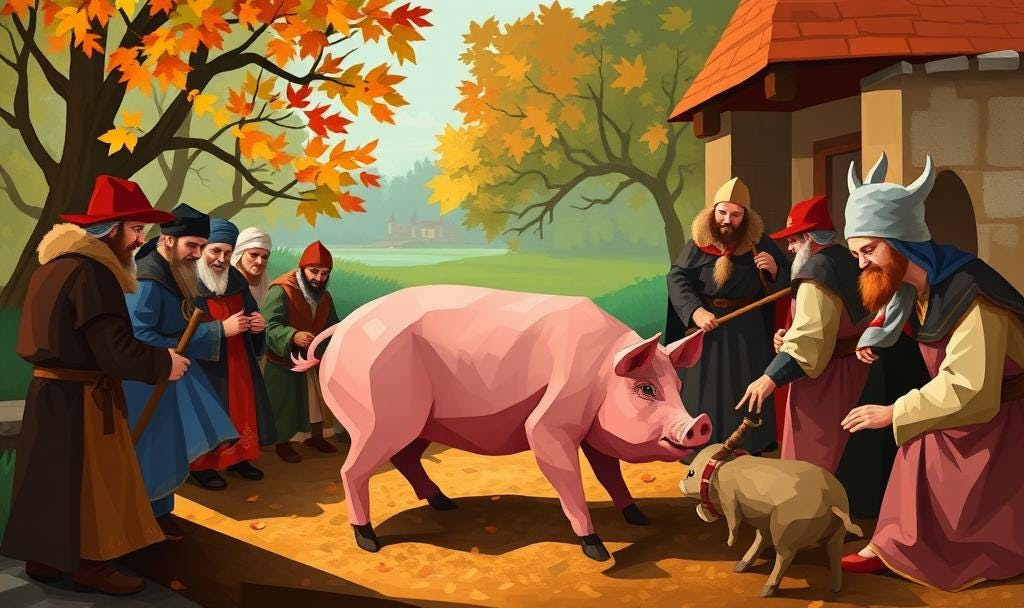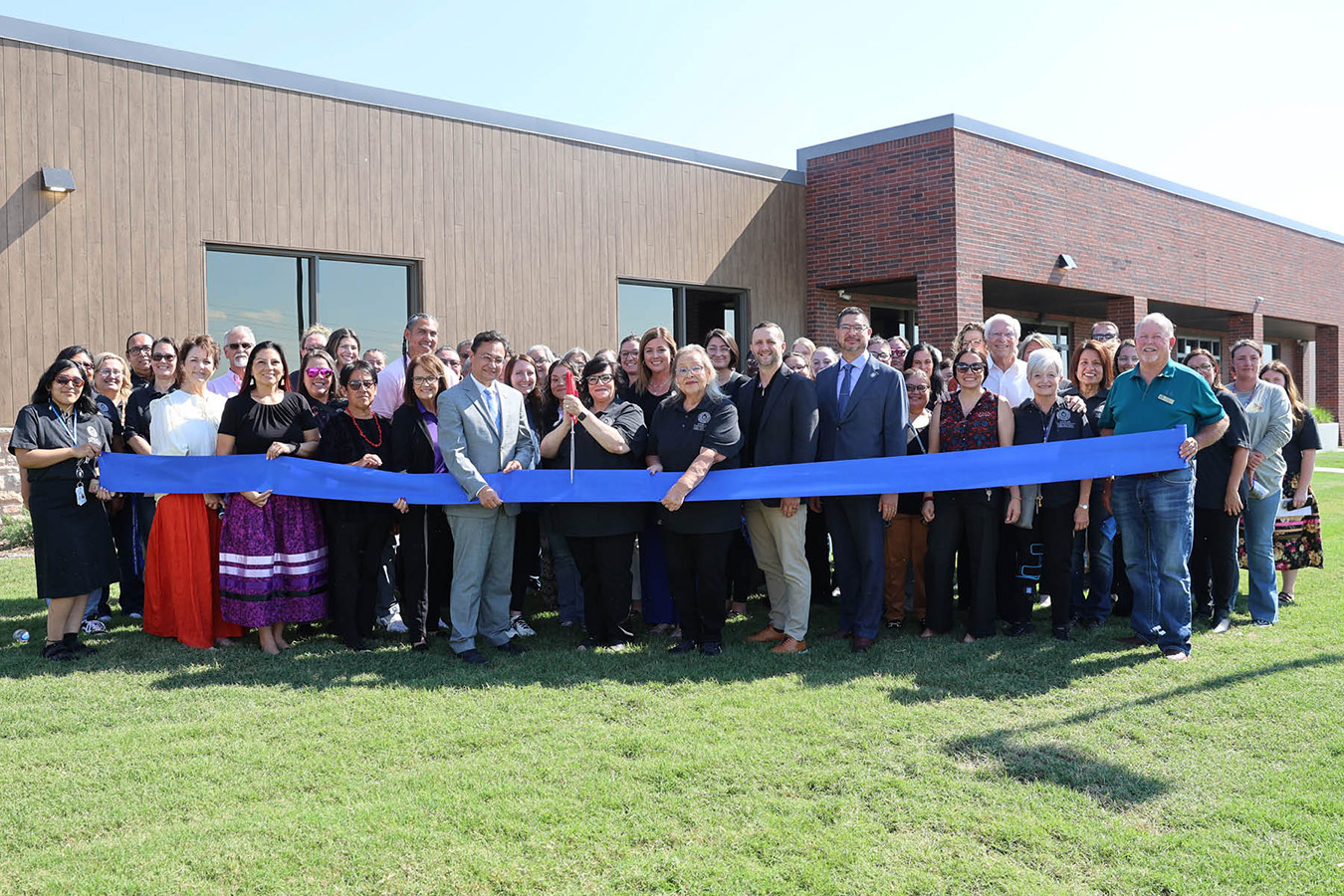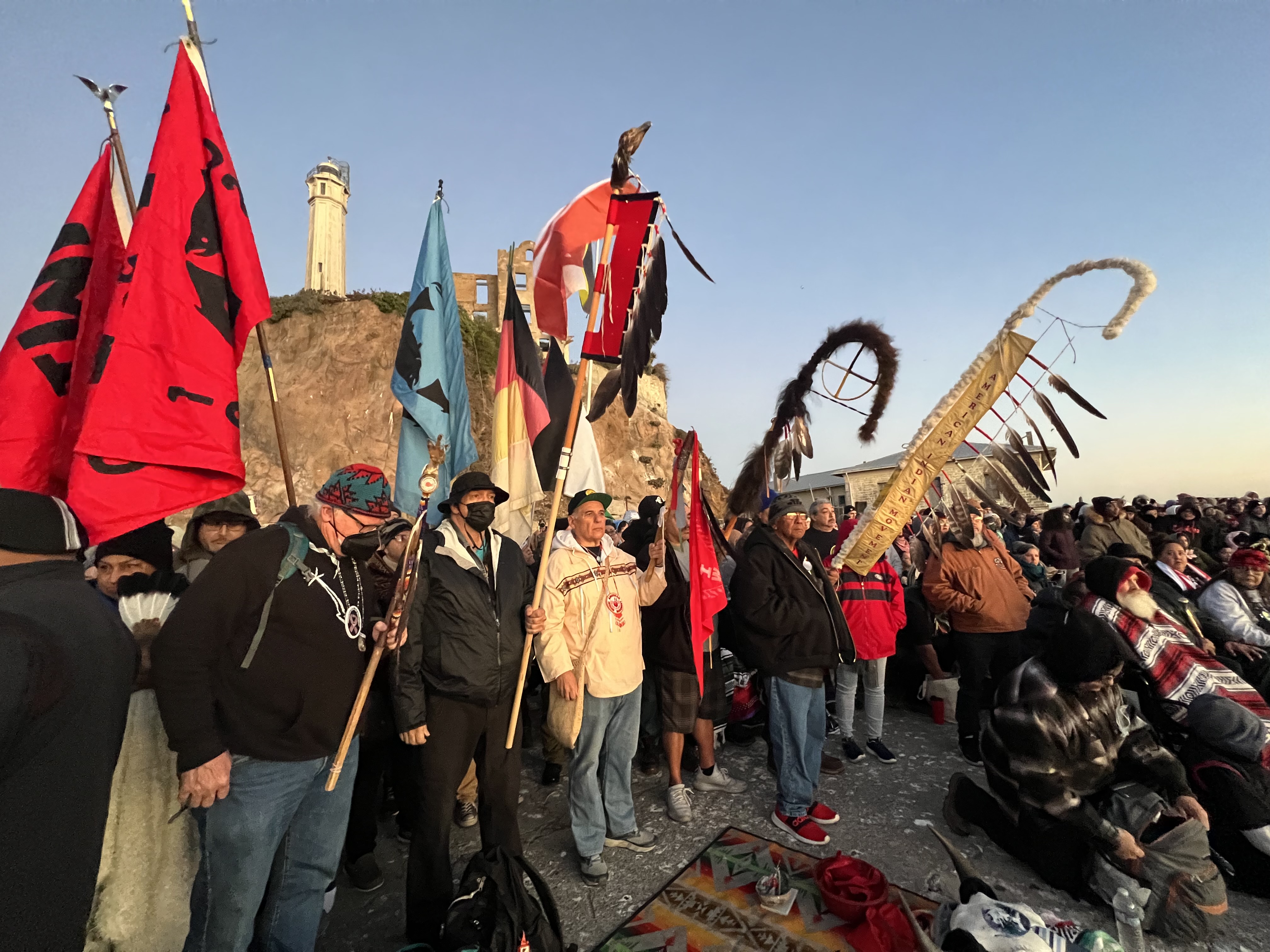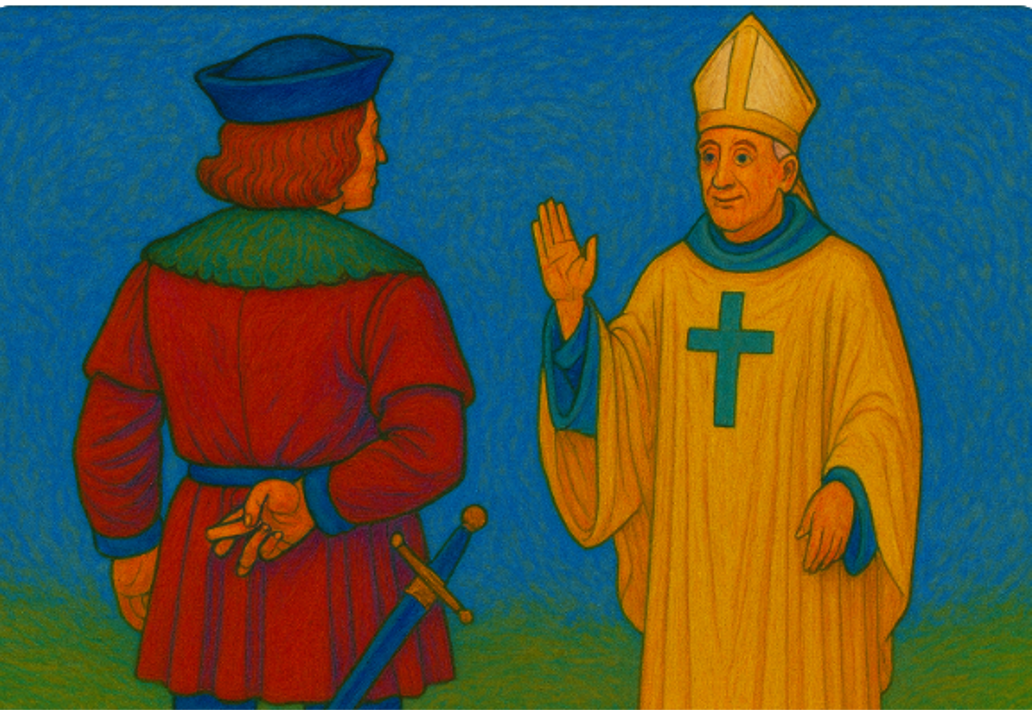Opinion
- Type: Default
- Ad Visibility: Show Article Ads
- Reader Survey Question: No Question
- Video Poster: https://nativenewsonline.net/images/10_Years_Logo.png
Guest Opinion. Critics have accused Health and Human Services (HHS) Secretary Robert F. Kennedy, Jr. of endangering public health by dispatching more than 70 Public Health Service officers to strengthen care in understaffed Tribal communities, claiming that Indian Country should not be a top HHS priority. These claims could not be further from the truth. Secretary Kennedy’s bold action affirms HHS’ commitment to Tribal communities: we will bolster the Indian Health Service (IHS), revitalize Tribal healthcare, and ensure that Indian Country receives the caliber of medical support it deserves.
- Details
- By Mark Cruz
- Type: Default
- Ad Visibility: Show Article Ads
- Reader Survey Question: No Question
- Video Poster: https://nativenewsonline.net/images/10_Years_Logo.png
Opinion. It’s an old complaint and one we hear sometimes at Native News Online: Journalists don’t report the good news enough. We understand the sentiment. Day after day, our inboxes and news feeds are filled with the familiar drumbeat of struggles across Indian Country.
- Details
- By Levi Rickert
- Type: Default
- Ad Visibility: Show Article Ads
- Reader Survey Question: No Question
- Video Poster: https://nativenewsonline.net/images/10_Years_Logo.png
Guest Opinioin. Welcome to 1929 Borger, Texas.
- Details
- By Professor Victoria Sutton
- Type: Default
- Ad Visibility: Show Article Ads
- Reader Survey Question: No Question
- Video Poster: https://nativenewsonline.net/images/10_Years_Logo.png
Guest Opinion. The Cherokee language is the heart of who we are as a people. It carries our history, our way of life, and the values that connect us across generations. When we speak our language, we honor our ancestors and ensure that future generations can know themselves as Cherokee.
- Details
- By Chuck Hoskin Jr
- Type: Default
- Ad Visibility: Show Article Ads
- Reader Survey Question: No Question
- Video Poster: https://nativenewsonline.net/images/10_Years_Logo.png
This guest opinion was adapted from a speech given by Dr. Nichole Keway Biber (Little Traverse Bay Bands of Odawa Indians), on the steps of the Michigan State Capitol at the No Kings rally in Lansing, Michigan on Saturday, October 18, 2025.
- Details
- By Dr. Nichole Keway Biber
- Type: Default
- Ad Visibility: Show Article Ads
- Reader Survey Question: No Question
- Video Poster: https://nativenewsonline.net/images/10_Years_Logo.png
Opinion. When U.S. Rep. Raúl M. Grijalva (D-Ariz.) passed away on March 13, 2025 at the age of 77, Indian Country lost one of its strongest voices in Congress. After more than two decades in Congress, Grijalva championed Native American issues, supporting tribal sovereignty, environmental justice and education equity.
- Details
- By Levi Rickert
- Type: Default
- Ad Visibility: Show Article Ads
- Reader Survey Question: No Question
- Video Poster: https://nativenewsonline.net/images/10_Years_Logo.png
Ireland once had its own indigenous legal system, called Brehon law, originally written between the 7th and 8th centuries. These laws including governance of the ancient feast of Samhain or the old spelling, Samain (pronounced SOW-han).
- Details
- By Professor Victoria Sutton
- Type: Default
- Ad Visibility: Show Article Ads
- Reader Survey Question: No Question
- Video Poster: https://nativenewsonline.net/images/10_Years_Logo.png
Guest Opinion. Cherokee Nation remains deeply committed to protecting our culture, preserving our history and strengthening families for future generations. Across our reservation in northeast Oklahoma, we see both the resilience of Cherokee people and the challenges that still persist from generations of historical trauma. Among the most vulnerable are our children, who depend on us so that they feel supported and safe.
- Details
- By Chuck Hoskin Jr
- Type: Default
- Ad Visibility: Show Article Ads
- Reader Survey Question: No Question
- Video Poster: https://nativenewsonline.net/images/10_Years_Logo.png
Opinion. It’s a good day to be Indigenous.
- Details
- By Levi Rickert
- Type: Default
- Ad Visibility: Show Article Ads
- Reader Survey Question: No Question
- Video Poster: https://nativenewsonline.net/images/10_Years_Logo.png
Guest Opinion. As Columbus Day approaches, having now been proclaimed by President Donald Trump in an Executive Order for the Monday national holiday. It is a change from the alternatively proclaimed Indigenous Peoples Day since 2021. President Biden was the first President to proclaim Indigenous Peoples' Day, as a national holiday.
- Details
- By Professor Victoria Sutton

